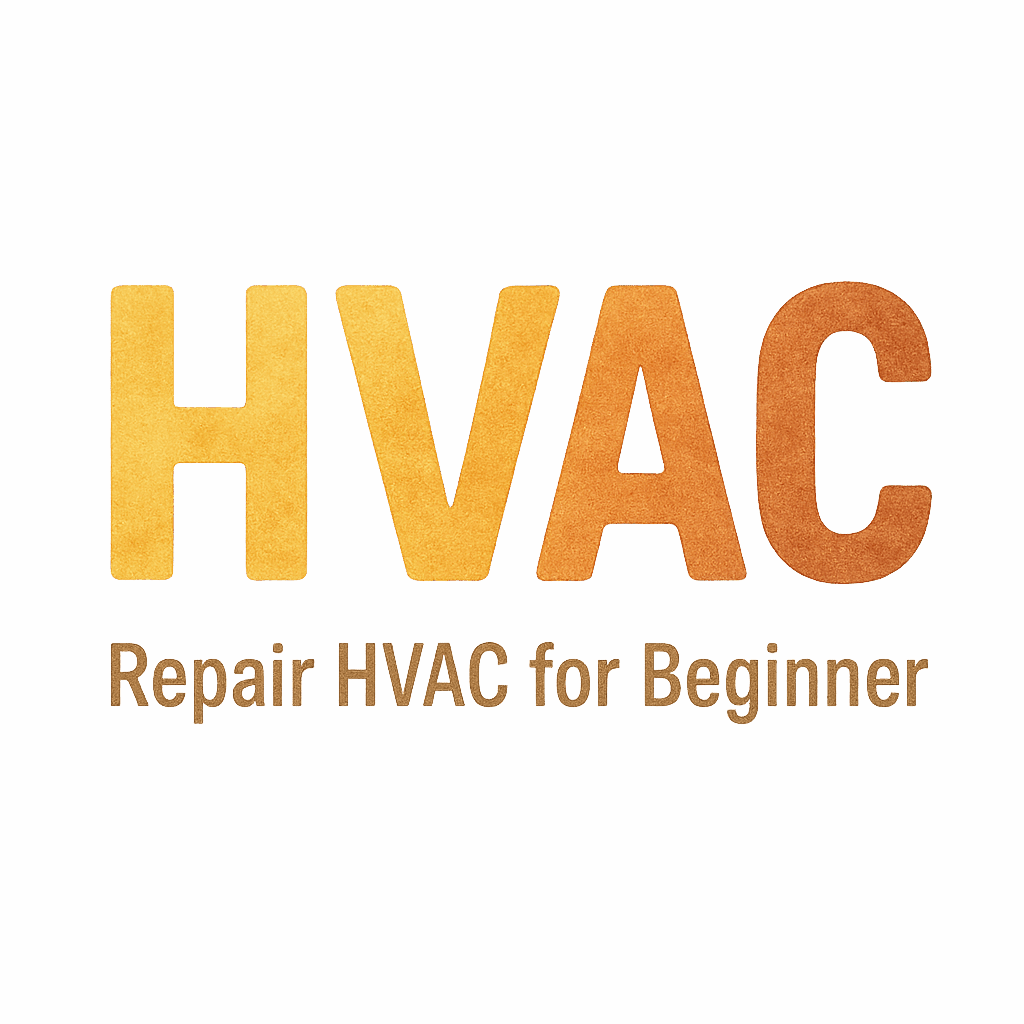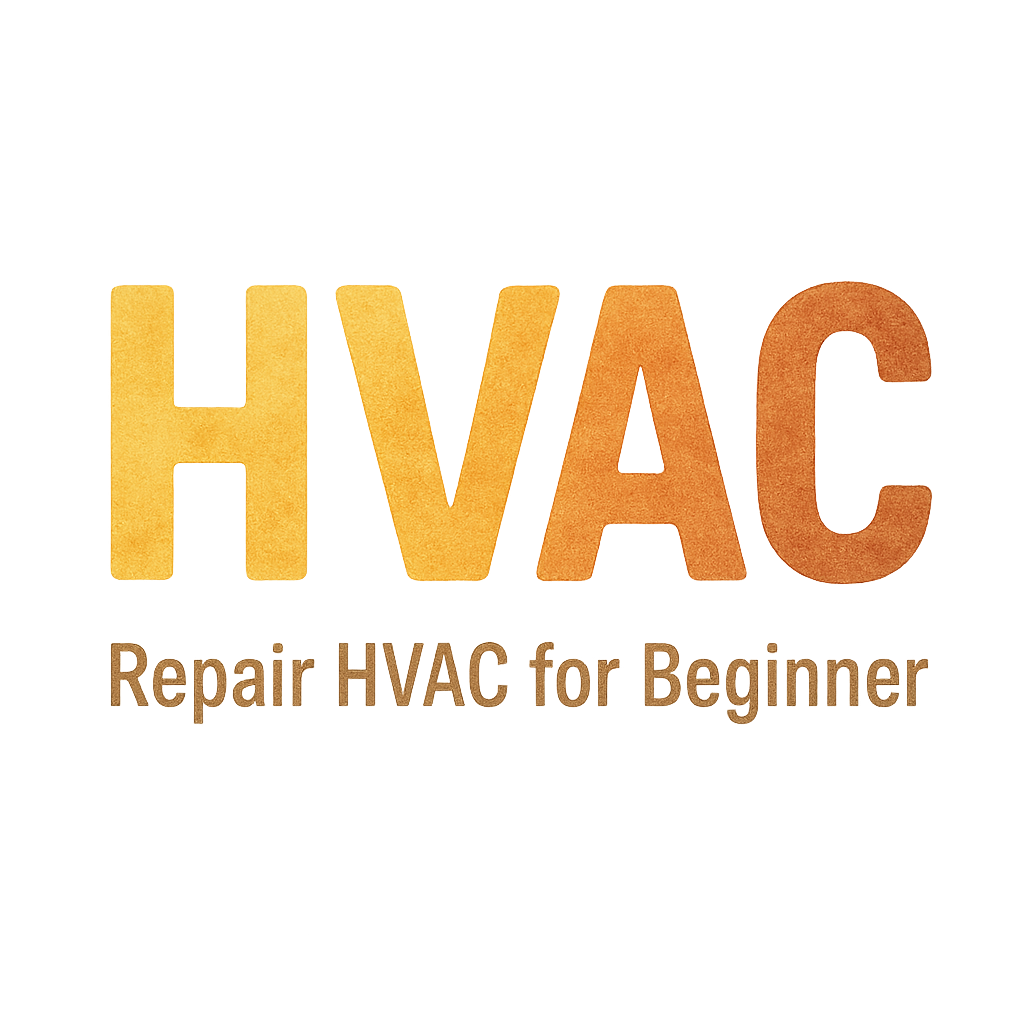Introduction: Understanding Common HVAC Issues
Your HVAC system plays a vital role in maintaining the comfort of your home by regulating temperature and airflow. However, as with any mechanical system, it’s prone to issues over time. Whether you’re experiencing temperature fluctuations or strange noises, understanding the most frequent HVAC repair requests can help you stay ahead of any potential problems.

Why HVAC Systems Require Regular Maintenance
Regular maintenance is essential for ensuring that your HVAC system operates efficiently throughout its life. Over time, dust, dirt, and wear-and-tear can affect the system’s performance. Scheduling routine HVAC maintenance can catch problems before they become expensive repairs.
For more on maintaining your system, check out our HVAC Basics for Beginners.
The Importance of Timely HVAC Repairs
If your HVAC system isn’t performing as it should, a quick response can prevent costly repairs down the road. From airflow problems to refrigerant leaks, addressing issues early can extend the life of your HVAC system and keep your home comfortable year-round.
1. Airflow Problems
Causes of Poor Airflow
Airflow issues are some of the most common problems HVAC systems face. A dirty air filter, blocked vents, or leaks in the ductwork are often to blame. Reduced airflow not only affects comfort but also increases energy costs.
For more detailed guidance on how to diagnose airflow issues, visit our Troubleshooting HVAC Problems page.
How to Fix Airflow Issues
The solution to airflow problems is often as simple as replacing the air filter or ensuring that all vents are open and unobstructed. If airflow issues persist, it’s advisable to have a professional check the ductwork for leaks.
2. Refrigerant Leaks
What Happens When Refrigerant Leaks?
Refrigerant is essential for the cooling process in your HVAC system. A refrigerant leak can reduce your system’s cooling efficiency, forcing the compressor to work harder and potentially leading to further damage.
Check out our HVAC System Diagnosis page for an in-depth guide on detecting refrigerant leaks.
How to Detect and Repair Refrigerant Leaks
Refrigerant leaks can often go unnoticed until the system’s cooling abilities are significantly reduced. A certified HVAC technician will use specialized equipment to locate and repair the leak and refill the refrigerant to the optimal level.
3. Thermostat Malfunctions
Signs of Thermostat Issues
A malfunctioning thermostat can lead to a variety of problems, including inconsistent temperatures and system cycling. Common symptoms include a thermostat that doesn’t respond to adjustments or one that incorrectly reads the temperature.
For more information on diagnosing thermostat issues, you can refer to our Beginner’s Guide to Thermostat Settings.
Steps to Resolve Thermostat Problems
Start by checking if the thermostat is set to the correct mode. Replacing batteries or recalibrating the device might solve the issue. If these steps don’t work, it may be time to consult a professional for repairs or replacement.
4. Dirty or Clogged Air Filters
How Dirty Filters Affect Your HVAC System
Air filters prevent dust, dirt, and debris from entering your HVAC system, but they can get clogged over time. Dirty filters reduce airflow, forcing the system to work harder and consume more energy.
Visit our Maintenance & Cleaning page for more tips on keeping your HVAC system clean.
Cleaning or Replacing Air Filters
To prevent airflow problems, replace or clean your air filters every 1-3 months. Dirty filters can also lead to other issues like frozen coils or overheating, making it crucial to keep them in good condition.
5. Frozen Evaporator Coils
What Causes Frozen Coils?
Frozen evaporator coils are often the result of poor airflow caused by a dirty filter, low refrigerant, or an issue with the fan motor. When the coils freeze, your HVAC system struggles to cool the air, reducing its efficiency.
For a more detailed guide on how to deal with frozen coils, refer to our HVAC Troubleshooting Tips.
How to Defrost Evaporator Coils
To resolve this issue, switch off the system and allow the coils to thaw. Check for any airflow blockages, and ensure the refrigerant levels are correct. If the issue persists, it may require a professional inspection.
6. Faulty Ductwork
Identifying Ductwork Problems
Faulty or leaky ductwork is another common HVAC issue. Leaks or damage in the ducts can lead to a significant loss of airflow, causing uneven temperatures and reduced system efficiency.
For more information on how to identify and fix ductwork issues, visit our Ductwork Troubleshooting Guide.
Repairing Leaky or Damaged Ducts
Duct sealing or replacement can improve your system’s performance by restoring proper airflow. If you suspect problems with your ducts, an HVAC professional can inspect and seal any leaks.
7. HVAC System Not Turning On
Common Reasons for HVAC System Failure
If your HVAC system won’t turn on, it could be due to a tripped circuit breaker, faulty thermostat, or an issue with the power supply. Always check the circuit breaker first to ensure that the system is receiving power.
If you’re troubleshooting HVAC power issues, check out our HVAC Safety & Protection page for expert advice.
Troubleshooting and Fixing HVAC Power Issues
If the power source isn’t the issue, it’s time to check the thermostat or other electrical components. Calling a professional for electrical problems is crucial to avoid injury or further damage.
8. Strange Noises
Types of Noises and What They Indicate
Noises like rattling, buzzing, or squealing are common when an HVAC system is malfunctioning. Rattling could indicate loose components, while buzzing may point to an electrical issue.
For more on how to handle strange HVAC noises, visit our HVAC Noises Explained page.
How to Fix HVAC Noises
Depending on the noise, you might need to tighten loose parts, lubricate moving components, or clean filters. If the noise continues, it may require professional attention.
9. Overheating
What Causes HVAC Systems to Overheat?
An HVAC system can overheat due to poor airflow, dirty filters, or a malfunctioning compressor. Overheating can cause the system to shut down to prevent further damage.
Check our Monthly HVAC Care for tips on preventing overheating.
Preventive Measures for Overheating
Regularly replace filters and ensure your system has proper airflow to prevent overheating. If the problem persists, a professional may need to inspect the compressor and other internal components.
10. Water Leaks
How Water Leaks Affect HVAC Functionality
Water leaks are often caused by clogged condensate drains or a malfunctioning pump. When left unchecked, water can cause mold growth, rust, or even system failure.
For help troubleshooting water leaks, check out our HVAC Repair Tips.
Fixing Water Leaks in HVAC Systems
If you notice water pooling around your HVAC unit, it’s crucial to check the condensate drain for clogs. A professional HVAC technician can repair leaks and clear the drain, ensuring your system runs properly.
Conclusion: Maintaining Your HVAC System for Longevity
HVAC systems need regular care and attention to ensure they continue functioning efficiently and last for many years. Regular inspections, timely repairs, and proactive maintenance are key to preventing major breakdowns.
Why Regular Inspections Are Essential
Regular inspections can catch small issues before they escalate into costly repairs. Make sure to schedule an annual check-up for your HVAC system to keep everything running smoothly.
Check out our HVAC System Maintenance Checklist to stay on top of routine maintenance tasks.
Prolonging the Life of Your HVAC System
By maintaining your HVAC system, you can avoid the stress of unexpected repairs and costly replacements. Proper care ensures your home stays comfortable all year round.
FAQs
- How often should I have my HVAC system serviced?
It’s recommended to service your HVAC system at least once a year, preferably before summer and winter. For more information, check our HVAC Maintenance Schedule. - What are the signs my HVAC system needs repair?
Common signs include poor airflow, strange noises, and uneven temperatures. Visit our HVAC Troubleshooting Guide for more. - Can I fix HVAC issues myself?
Simple fixes like changing air filters or cleaning vents can be done DIY, but for more complex issues, it’s best to call a professional. For safety tips, refer to our Repair Safely Guide. - How do I maintain my HVAC system?
Regular filter changes, cleaning vents, and scheduling annual inspections are essential for maintaining your system. Learn more about HVAC care on our Monthly Care Tips. - What’s the most common HVAC problem?
Airflow issues, dirty filters, and refrigerant leaks are among the most common problems. Check our Common HVAC Problems page for more. - How do I know if my HVAC system is leaking refrigerant?
If your system is blowing warm air or failing to cool your home, it may have a refrigerant leak. Visit our Refrigerant Leak Guide for more details. - Can strange HVAC noises be dangerous?
Strange noises can indicate issues like loose parts or electrical problems. For help identifying and fixing noises, visit our HVAC Noises Guide.


